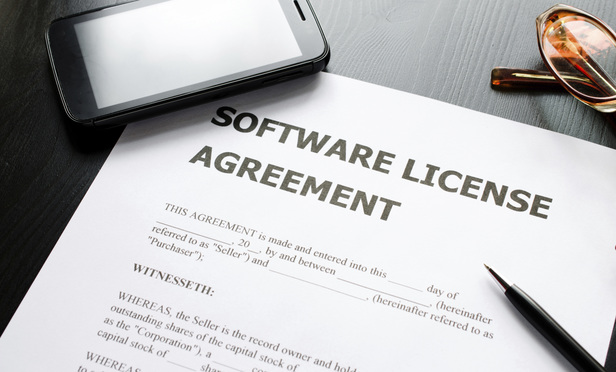Licensees have many reasons that they may have to value a potential software dispute, including but not limited to situations where a publisher has filed a lawsuit, a publisher has otherwise asserted a claim, and the licensee has a business need to evaluate potential liability associated with software licenses. When a need arises, companies must carefully evaluate their license position and the potential costs associated with any deficiencies. Consider these three questions to help guide that evaluation.
1. When does a licensee need to value a dispute? Obviously, when a software publisher has commenced litigation and when the licensee is considering litigation against a publisher, the licensee must value the potential claims. In some instances, licensees need to value a potential dispute prior to litigation when they receive notice from a software publisher that there is a problem. The publisher could communicate the issue a number of ways—via letter, an auditor, a demand from the sales team, or all of the above.
This content has been archived. It is available through our partners, LexisNexis® and Bloomberg Law.
To view this content, please continue to their sites.
Not a Lexis Subscriber?
Subscribe Now
Not a Bloomberg Law Subscriber?
Subscribe Now
LexisNexis® and Bloomberg Law are third party online distributors of the broad collection of current and archived versions of ALM's legal news publications. LexisNexis® and Bloomberg Law customers are able to access and use ALM's content, including content from the National Law Journal, The American Lawyer, Legaltech News, The New York Law Journal, and Corporate Counsel, as well as other sources of legal information.
For questions call 1-877-256-2472 or contact us at [email protected]



